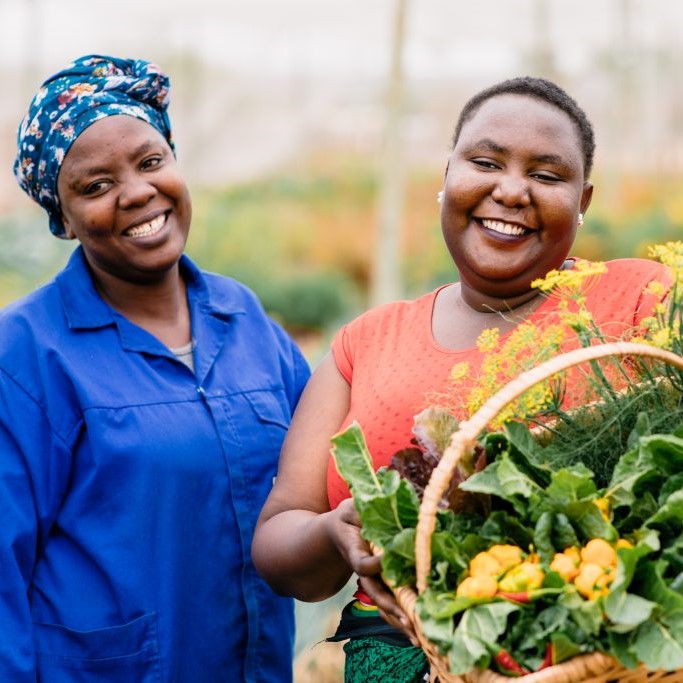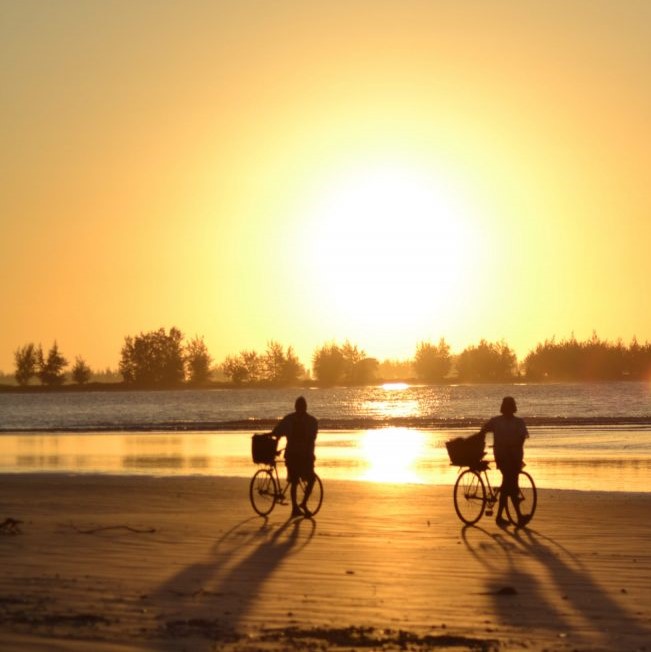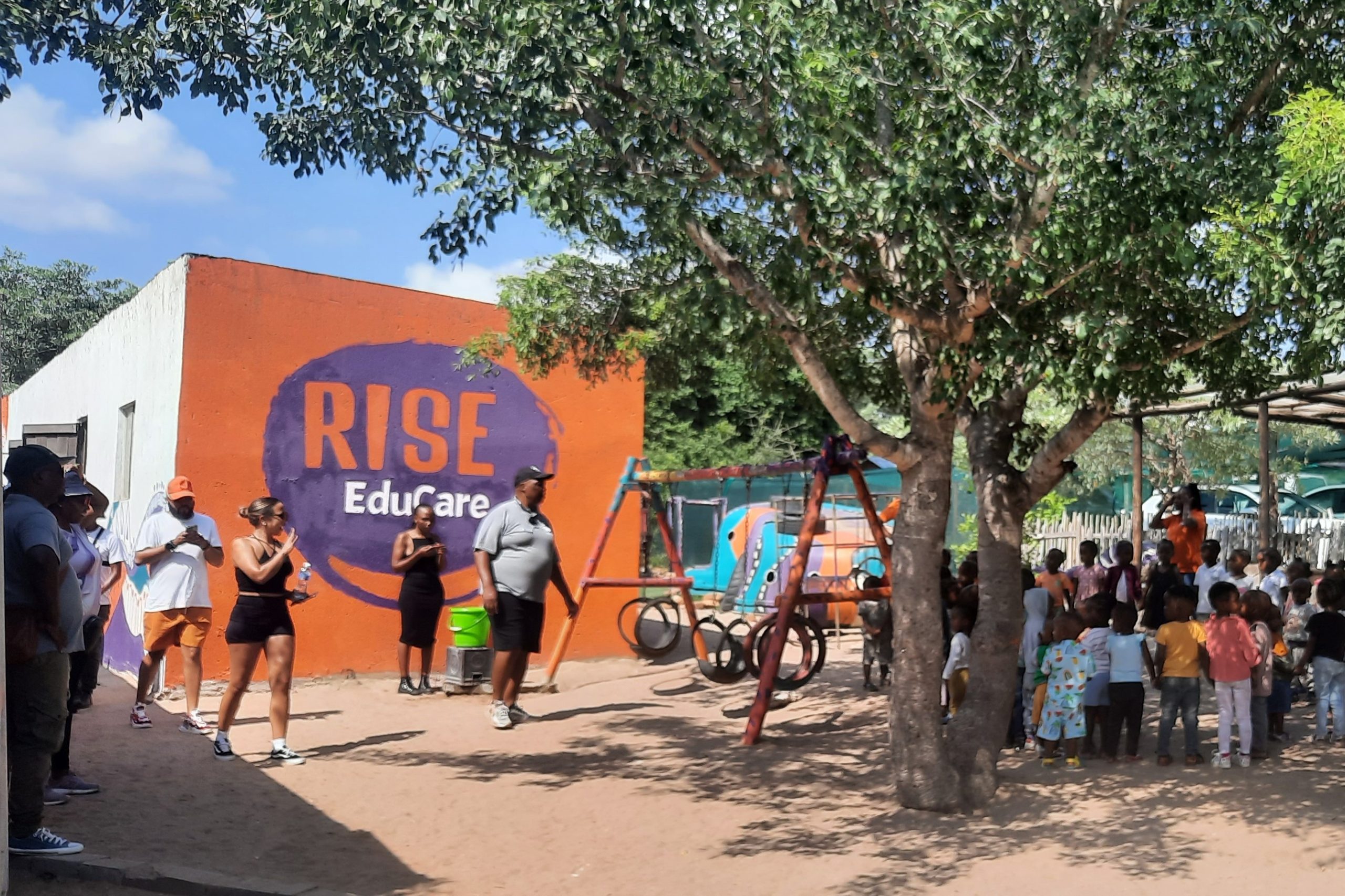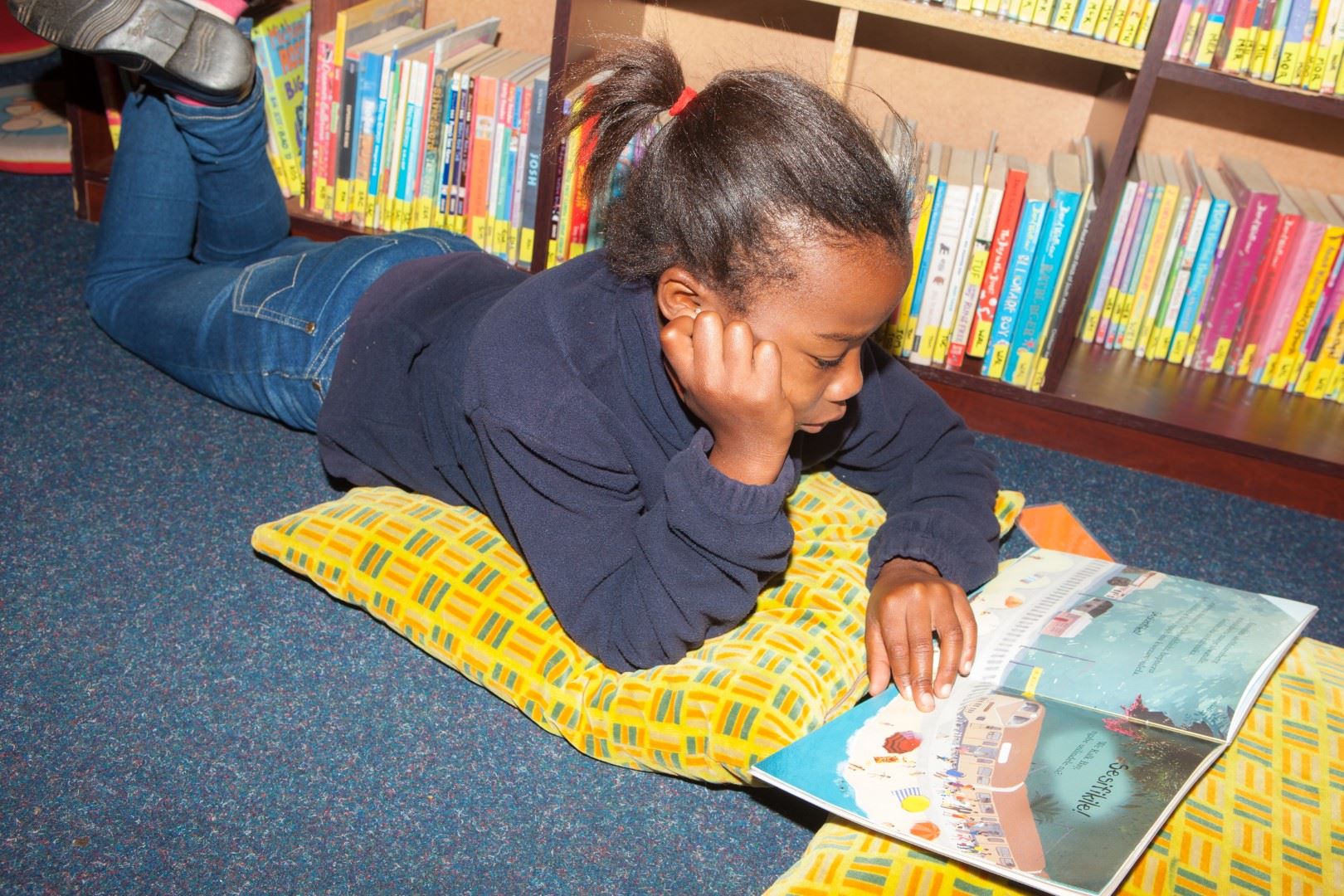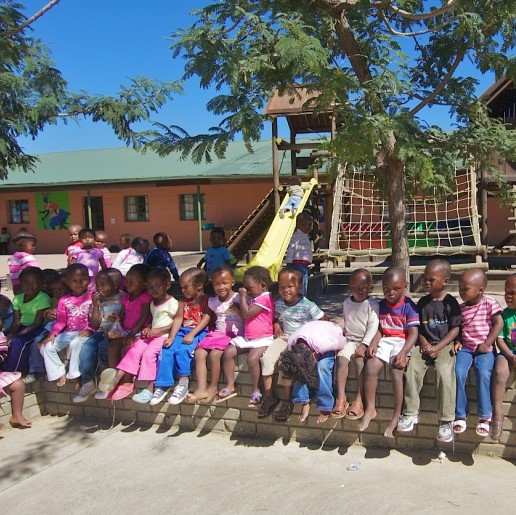During our stay I have the opportunity to chat to Musa Mbatha, Reserve Manager; Stakeholder and Community Engagement, whom I first met in 2021.

He explains that over 75% of the land in Babanango game Reserve (BGR) is leased from communities in a partnership – land that was successfully reclaimed after South Africa became a democracy. The stakeholders are the Emcakwini and the northern KwaNgono and Esibongweni communities each operated as a community trust. It was their belief tourism would be the most fruitful use for their restituted land, that they sought collaboration with German investors Barbara and Hellmuth Weisser of African Habitat Conservancy. Combined, these trusts own 17,374 hectares of 20,056, bringing the community into the core of this conservation area.
In addition to the income generated by the communities from the leasing of their land, a further benefit is job creation and hospitality training. Over 180 people from these communities are directly employed by BGR in the lodges and as reserve rangers – most of which were without any formal skill set or qualification, and for many is their first job.

BGR established the African Habitat Conservancy Foundation (AHCF) to facilitate socio-economic and community development project. It works closely with the land-owning trusts and other stakeholder communities in a ten-kilometre radius of the reserve boundaries to facilitate further job creation for ancillary reserve services, skills development, and the funding of selected projects such as schools and infrastructure.
Musa tells me that the foundation team takes the utmost care to consult and collaborate with all stakeholders and trusts and is present in the community daily projects are identified with all stakeholders and trusts, while the foundation drives implementation to forge meaningful partnerships. The Weisser family invested up-front in the work of the AHCF so that the reserve would flourish alongside the greater community from the start. Each traveller, through a conservation and community levy, ensuring every stay at Babanango leaves a positive impact.
Their big ambition, Musa tells me, is to build sustainable opportunities in a ten-kilometre radius of the reserve that aligns with ecosystem restoration and support nature-positive action.
Here’s how…
Income generation
Over 75% of BGR land is invested by the surrounding communities, BGR leases these portions from the respective trusts. Profits from the protection of this land are managed by the trusts to best benefit their beneficiaries with foundation input to enhance the collective quality of life.
Training opportunities
The reserve has given many people an opportunity to grow, and every booking supports the direct employment of over 180 people who work and live around the reserve with their families – many were unemployed and had no previous work experience, with this being their first job.


Animal ownership
The government supports the donation of animals to re-wild the landscape of Babanango Game Reserve. These animals are shared in ownership across the community trusts.

Improved access to basic needs
The AHCF has funded new boreholes for immediate communities and replaced older infrastructure (hand-managed pumps). Environmentally friendly solar-powered pumps have made access easier for women and children (who typically collect water in the household), and water committees have been established to manage them, implementing policies like separate drinking areas for people from livestock zones. This water is also used in the community gardens, so food, such as cabbage, spinach, tomatoes and corn, can flourish.
Restoring rangelands for ranchers
Cows are central to Zulu communities and play an essential economic, social, cultural and spiritual role in these societies. AHCF is working with cattle ranchers to improve herd health, increase their market price and restore degraded land and depleted water sources, and educating about resting the land when needed and measuring gains scientifically. Eco-rangers employed by the grazing associations gain fire training, veld management studies and a basic stipend through this innovative program. The foundation is simultaneously assessing carbon restoration and credit opportunities.

Environmental education
Across their two municipal wards, youth comprise the largest local population group, with 16 primary and 11 high schools in the foundation’s circle of care. The AHCF has outlined several ongoing education schemes to instill greater local environmental awareness, improve entry to learning and link learners to Wi-Fi to broaden their access. Additionally, they work with 18 Early Childhood Development Centres, and have contributed to the training of 22 teachers. Sponsored wilderness camps expose youth in the area to animals and the environment in a fun, stimulating and safe way that reconnects the community to nature.
Community cohesion through sports
Rural living means limited access to resources and entertainment, and BGR are proud sponsors of Babanango’s local soccer and netball teams that provide safe recreation to the youth.
Small Business Support
The reserve injected wide regional investment, but also stimulated existing community businesses by purchasing fresh produce, crafts and transport services. This highlights the sustainable operations of nearby entrepreneurs and enhances the local economy. Increasingly, women are the primary economic actors in their households, and the African Habitat Conservancy Foundation has helped women build, manage, and grow their businesses through coaching. Many local skills mastered by women in the community, such as beadwork, pottery and basketry, were factored into the design of Madwaleni River Lodge.

The forward-thinking Emcakwini, KwaNgono and Esibongweni communities, together with Babanango Game Reserve and the African Habitat Conservancy Foundation, have invested in changing what the future looks like for many in this rural region and are creating a legacy for their beneficiaries. Musa reiterates that they continually strive to seek community wisdom and to honour the traditional knowledge of their local communities.
Babanango is living proof that conservationists, private investors, and the community can come together as a force for good. Every guest staying at BGR lodges has a far-reaching, positive effect on the vitality of this remote region and the communities who live adjacent to the reserve through a conservation and community levy.

Read this in Responsible Traveller digital mag HERE

